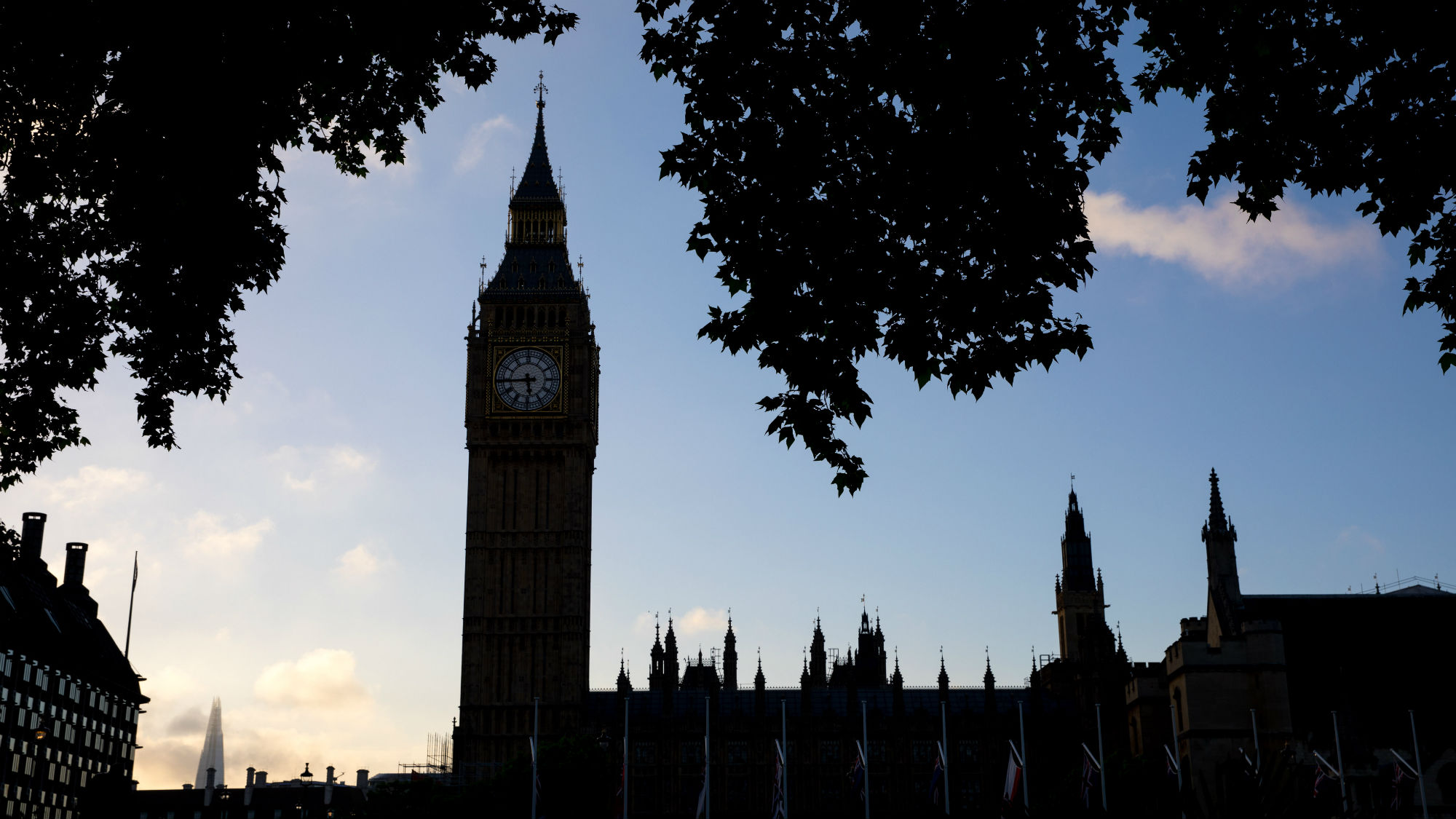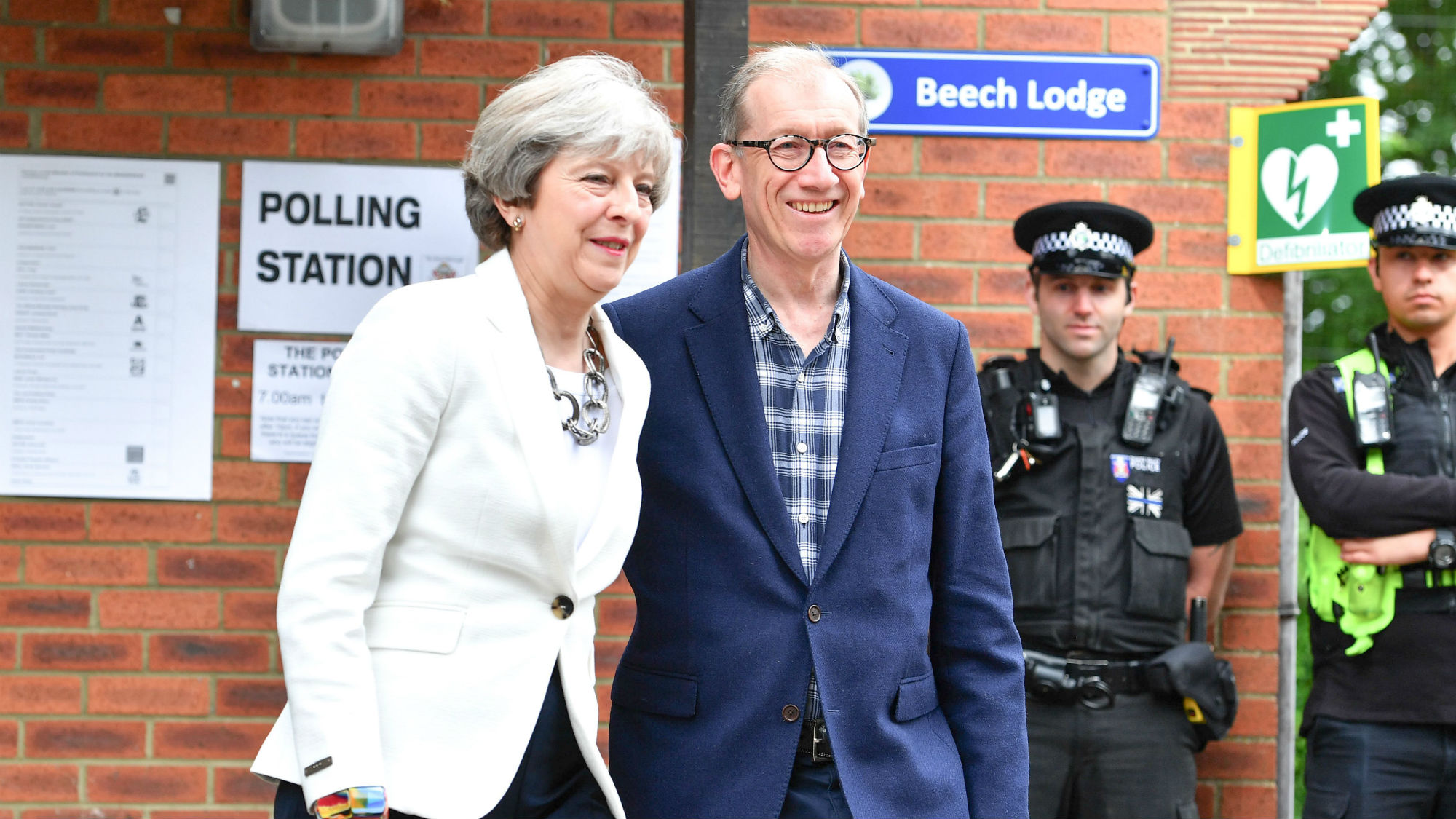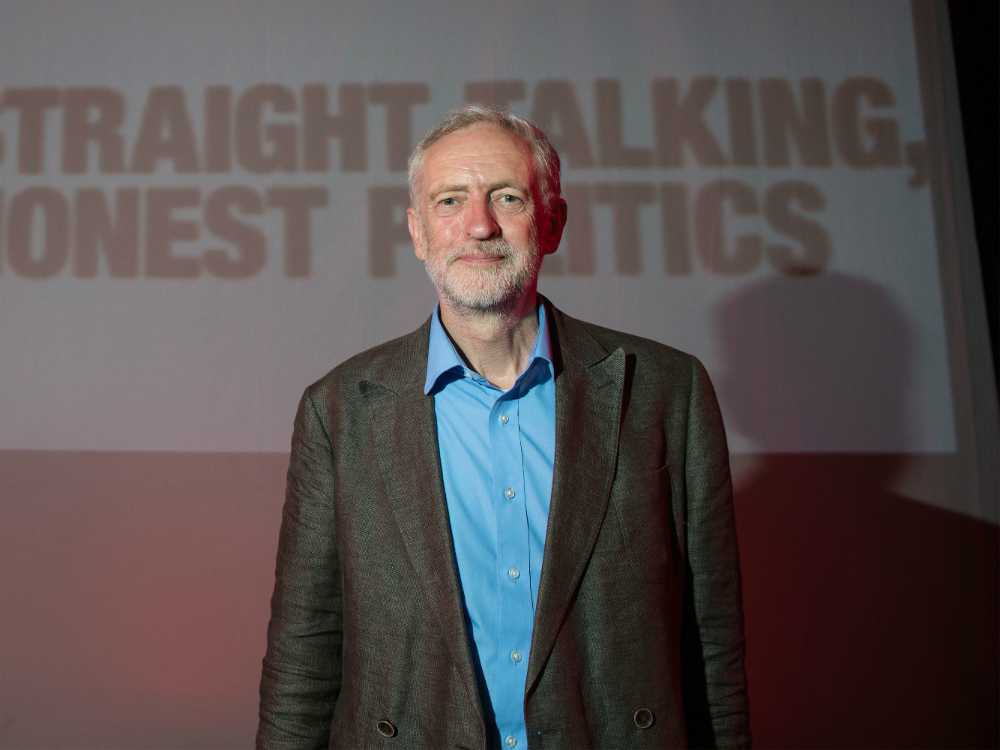Britain has a hung parliament. So what happens now?
The shock election result means Britain is now facing a hung parliament. Here's what you need to know.


Celebrity news, beauty, fashion advice, and fascinating features, delivered straight to your inbox!
You are now subscribed
Your newsletter sign-up was successful
The shock election result means Britain is now facing a hung parliament. Here's what you need to know.
Theresa May called a snap General Election to strengthen the Conservative majority and give her a strong mandate for Brexit negotiations. It backfired spectacularly. Now Britain is faced with a hung parliament. But what exactly does this mean and what is likely to happen now?

What is a hung parliament?
A hung parliament occurs when no party manages to secure the 326-seat majority needed to form a government. Theresa May went into the election with 330 seats, but a night of losses means the forecast final election result predicts just 319 seats for the Tories, short of the crucial majority. Britain has faced two hung parliaments before, once in 1974 and more recently in 2010.
So what happens now?
As leader of the ruling party, provided she doesn’t step down immediately then Theresa May will remain in Downing Street for now and be given the first opportunity to form a government. Her most likely alliance is with the Northern Irish DUP, which would push her to a majority, though she could also attempt to form a minority government with backing from her party. If she fails and resigns then Jeremy Corbyn is the next in line with the second-largest number of seats.

Does this mean there will be a coalition government?
Not necessarily. When in 2010 David Cameron failed to secure a Conservative majority he struck a deal with the Lib Dems, but the PM could instead rely on something called ‘a confidence-and-supply’ deal, drawing support from smaller allies in return for policy agreements.
Either way, there will be intensive rounds of negotiations between the various parties to hammer out a deal. Nicola Sturgeon of the SNP has previously ruled out working with the Conservatives completely, while Tim Farron of the Lib Dems has said the Labour and Conservative pledges to take the UK out of the single market would be a deal breaker.
How would Labour form a minority government?
If Jeremy Corbyn is given a chance to govern he is likely to attempt to form a minority government with the Lib Dems, SNP and Greens. The alliance will be formed using common ground on issues such as Brexit and the economy. If Labour does make a deal with the SNP they will probably have to agree to a second referendum on Scottish independence.
Celebrity news, beauty, fashion advice, and fascinating features, delivered straight to your inbox!
How long will it take?
It took under a week to hammer out a coalition government deal between David Cameron and Nick Clegg in 2010. Given the increased complexity of the situation - with Britain on the brink of negotiating Brexit - this time it could take longer. In the meantime the political uncertainty is likely to cause a plummet in the value of the pound.
Will there be a second election?
If no coalition or minority government is formed there will be a second general election later this year. A second election would be pretty disastrous for Brexit talks, as setting them back would allow less time to come to an agreement. However, the 2011 Fixed-Term Parliament Act passed by the Lib Dems and Conservatives to strengthen their coalition government makes a second election less likely. The act rules that a second election can only take place if two-thirds of MPs vote for it and if MPs pass a motion of no confidence in the government and an existing or new government is unable to win a confidence vote in the Commons within two weeks of the no-confidence vote. We had a second election in 1974 after the election brought a hung parliament result.
